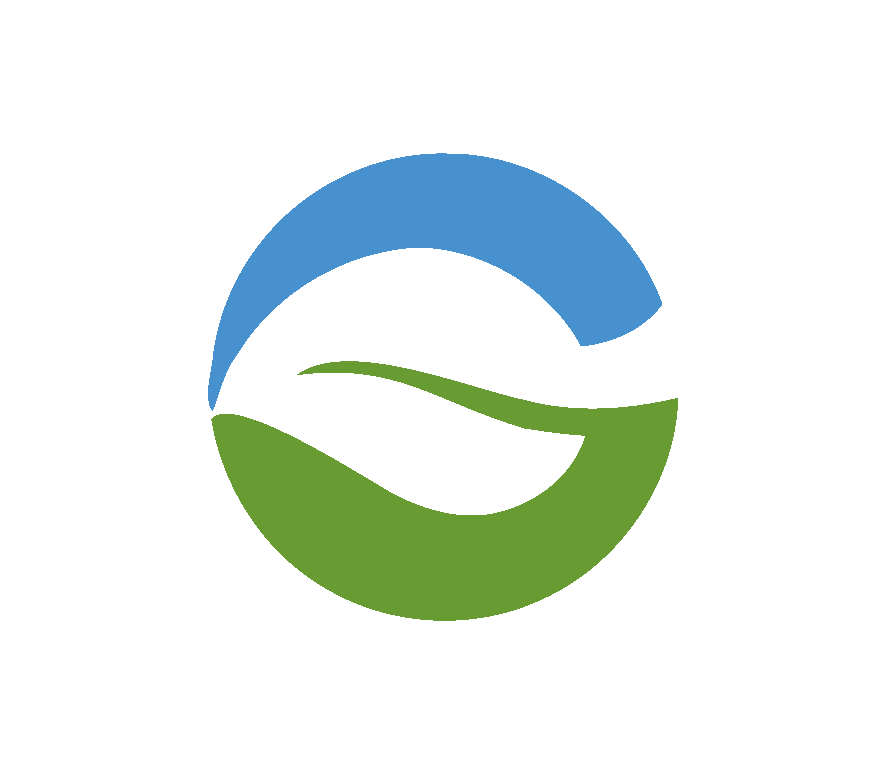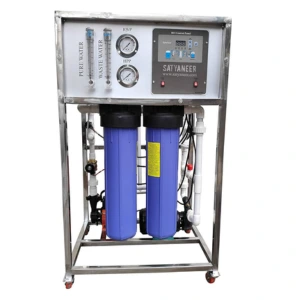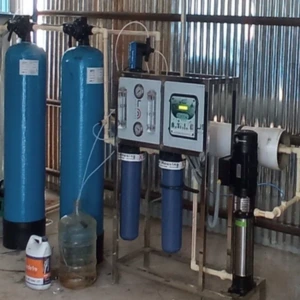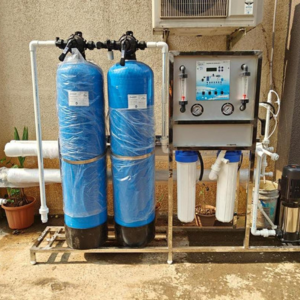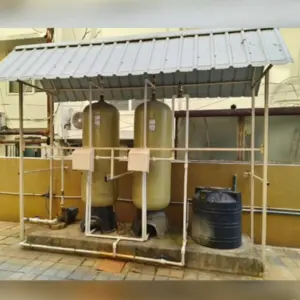RO Water Plant Solutions for Hospitals & Clinics
Why Safe Drinking Water is Critical in Healthcare
In hospitals and clinics, water quality is non-negotiable. Pure water is essential for:
Patient Safety: Prevents infections and contamination.
Medical Procedures: Dialysis, cleaning, and sterilization.
Staff and Visitors: Drinking water for hundreds of people daily.
Impure water can lead to serious health risks, post-surgical complications, and equipment damage. Our RO Water Plant Solutions for Hospitals & Clinics guarantee safe, bacteria-free water that complies with WHO and NABH standards.
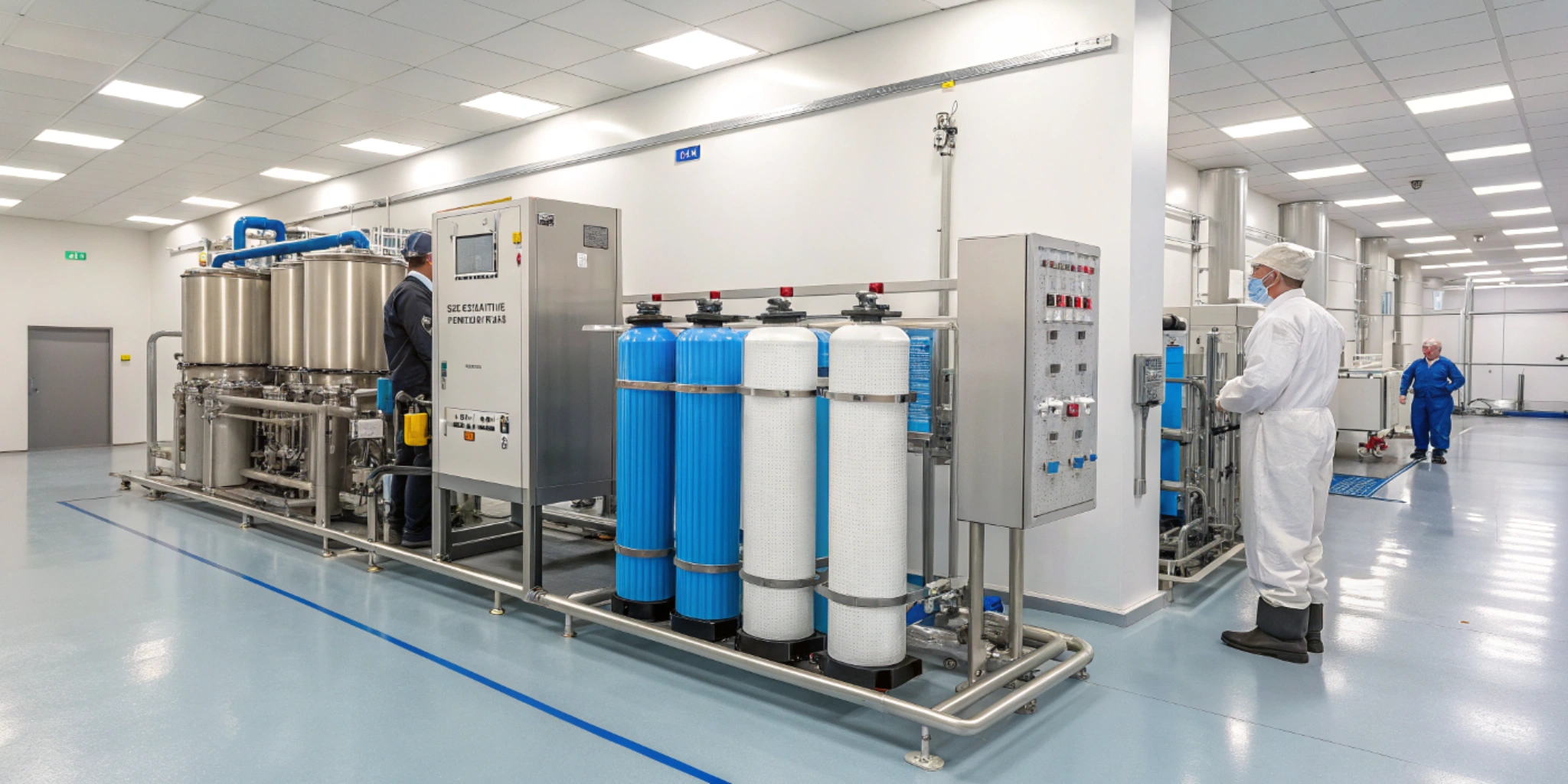
What is an RO Water Plant for Healthcare?
A Reverse Osmosis (RO) Water Plant is a high-capacity water purification system that
Removes microorganisms, viruses, and bacteria.
Eliminates heavy metals, harmful chemicals, and excess TDS.
Delivers mineral-balanced, safe drinking water for patients, staff, and medical use.
Key Features of Our RO Water Systems for Healthcare
RO plants typically discharge 25 40 % of feedwater. Pharma facilities can reclaim much of this stream:
High-Capacity Output
Handles 500 LPH to 10,000 LPH, ensuring continuous water supply for all hospital needs.
Multi-Stage Filtration
Sediment Filter → Activated Carbon → RO Membrane → UV Sterilization → Mineral Cartridge
Medical-Grade Purity
Delivers water that meets WHO and BIS standards for drinking and medical use.
24/7 Monitoring & Automation
- Real-time TDS and pH monitoring.
- Auto shut-off & flushing for long membrane life.
Compact Design for Space-Saving
Fits into hospital utility rooms or water treatment areas.
Benefits of Installing RO Water Plants in Hospitals
Compliance with NABH & WHO Guidelines
Better Patient Care – No risk of contamination from water.
Safe Dialysis Operations – Protects patient health.
Improved Staff Safety – Pure water in cafeterias and wards.
Cost Savings – No more bottled water dependency.
Applications in Hospitals & Clinics
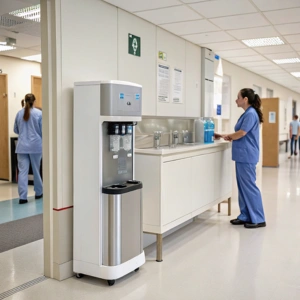
Patient Drinking Water Stations
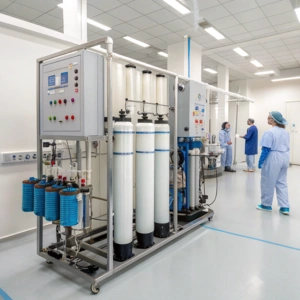
Dialysis Units
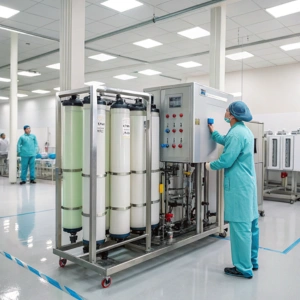
ICU & OT Cleaning Processes
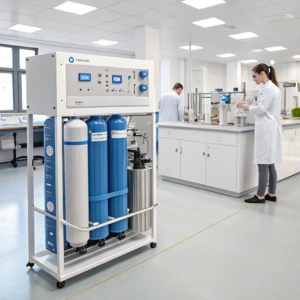
Laboratories & Testing
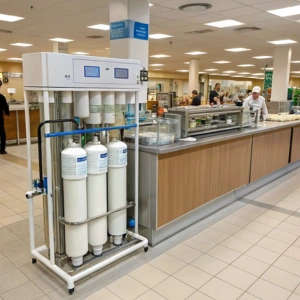
Cafeterias & Kitchens
Recommended Capacities
| Capacity | Ideal For |
|---|---|
| 500–1000 LPH | Small Clinics / Specialty Hospitals |
| 2000–5000 LPH | Medium Multi-Specialty Hospitals |
| 5000–10,000 LPH | Large Hospitals & Healthcare Institutions |
Installation Process
1
Free Site Survey & Water Quality Testing
2
Custom Design Based on Usage & NABH Standards
2
3
Quick, Hassle-Free Installation
4
AMC (Annual Maintenance Contract) for 24/7 Support
4
Our Range of Products
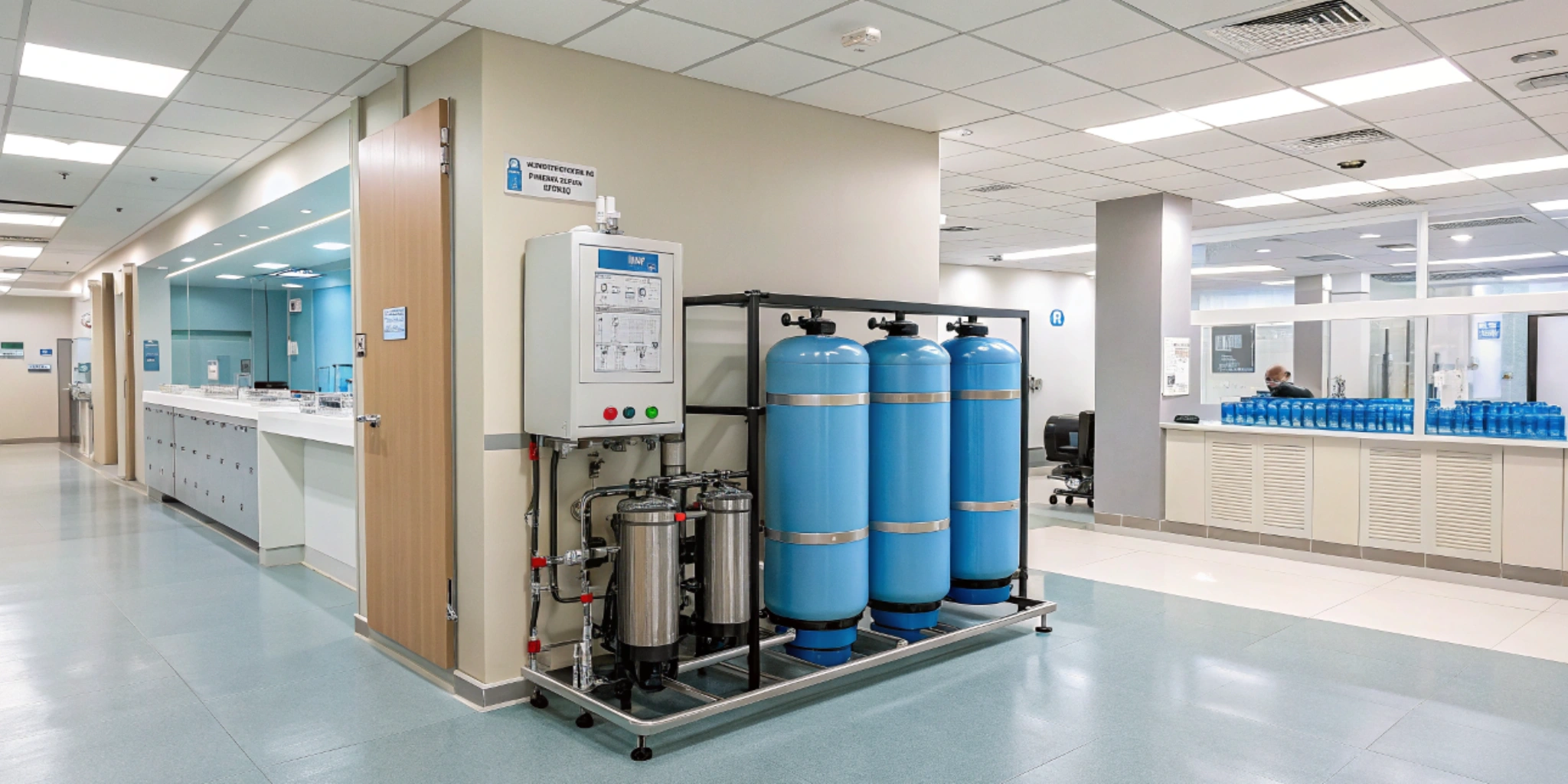
Why Hospitals & Clinics Need RO Water Plants
Protect Patients from Infection: Safe water reduces risks in surgeries and recovery.
Support Critical Care: Purified water for dialysis, laboratory use, and cleaning instruments.
Ensure Drinking Water Safety: For doctors, nurses, patients, and visitors.
Reduce Dependency on Bottled Water: Cost-effective, eco-friendly alternative.
Frequently Asked Questions
1. Why do hospitals need RO water plants?
Hospitals need RO water plants to prevent contamination, protect patients, and provide safe water for medical processes, drinking, and cleaning.
2. What is the best RO system capacity for a hospital?
• Small clinics: 500–1000 LPH
• Mid-size hospitals: 2000–5000 LPH
• Large hospitals: 5000–10,000 LPH
We provide customized solutions after a free site survey.
3. Is RO water safe for dialysis?
Yes, but RO water for dialysis requires additional purification like deionization or polishing units. Our hospital-grade RO systems are compatible with dialysis requirements
4. How much does an RO water plant cost for hospitals?
Costs start at ₹90,000 for small clinics and can exceed ₹5 lakh for large hospitals, based on capacity and automation features.
5. How often should hospital RO systems be maintained?
• Pre-filters: Every 3–6 months
• RO Membranes: 2–3 years
• Disinfection & UV: Annually
We offer AMCs for hassle-free maintenance.

